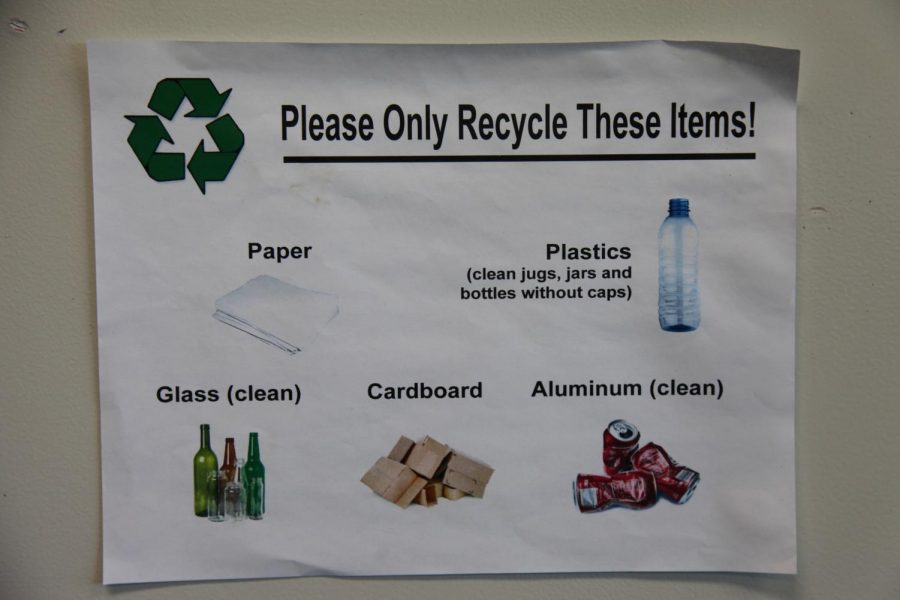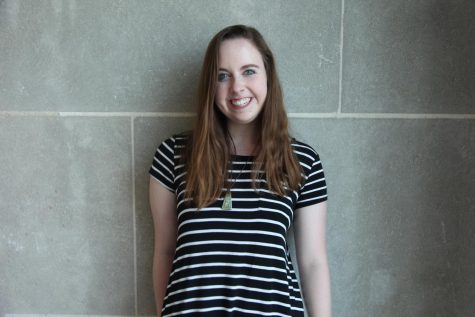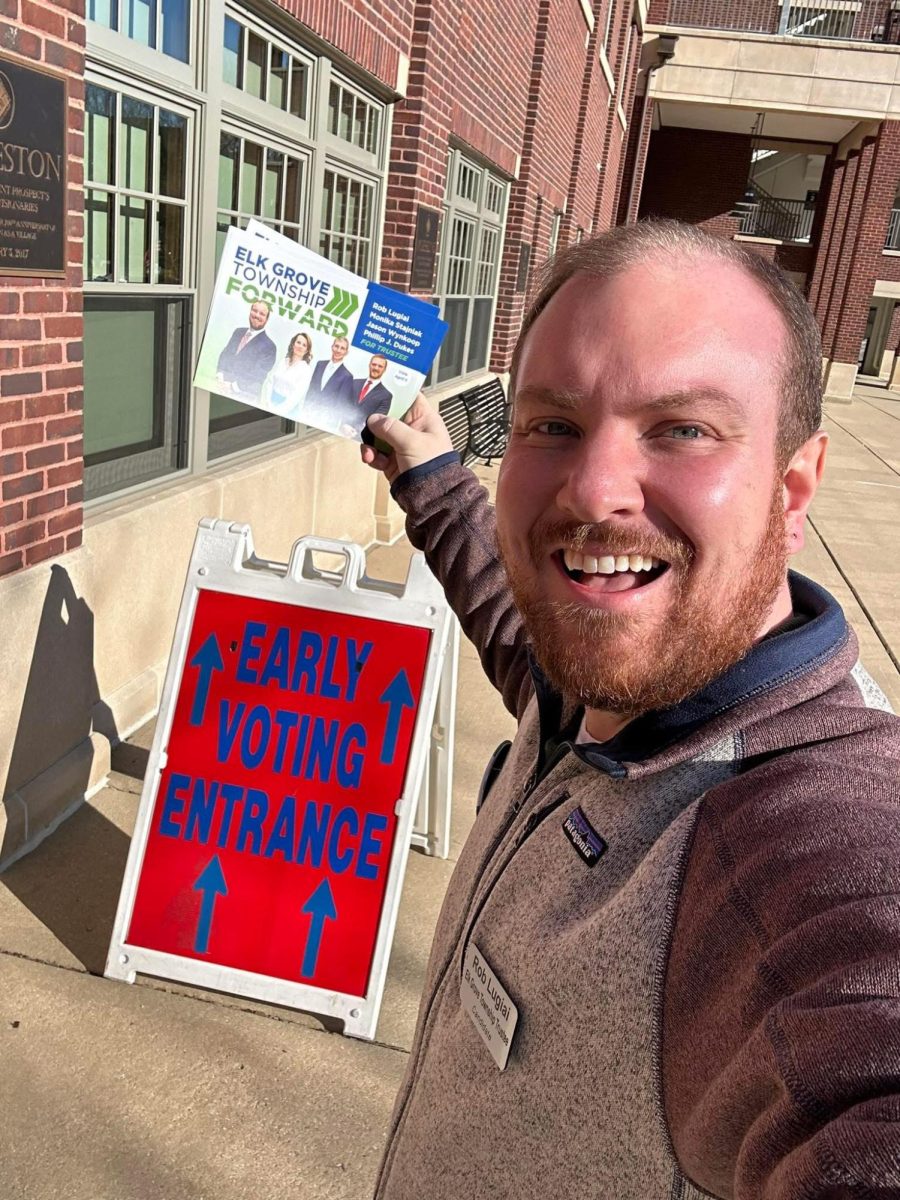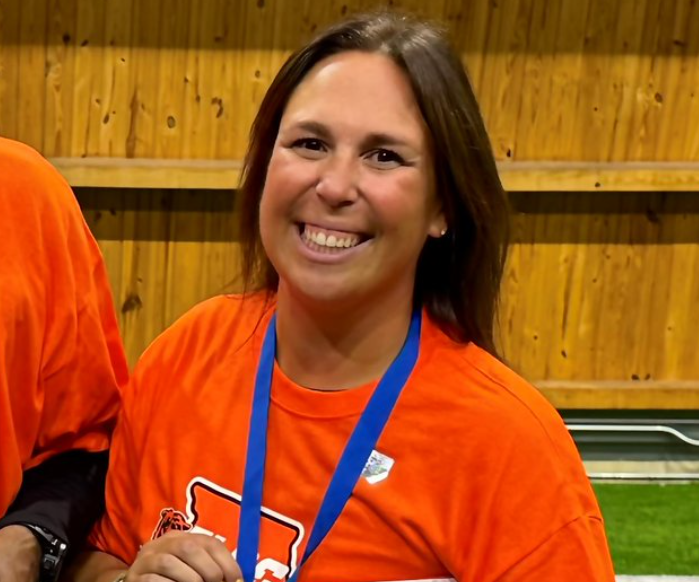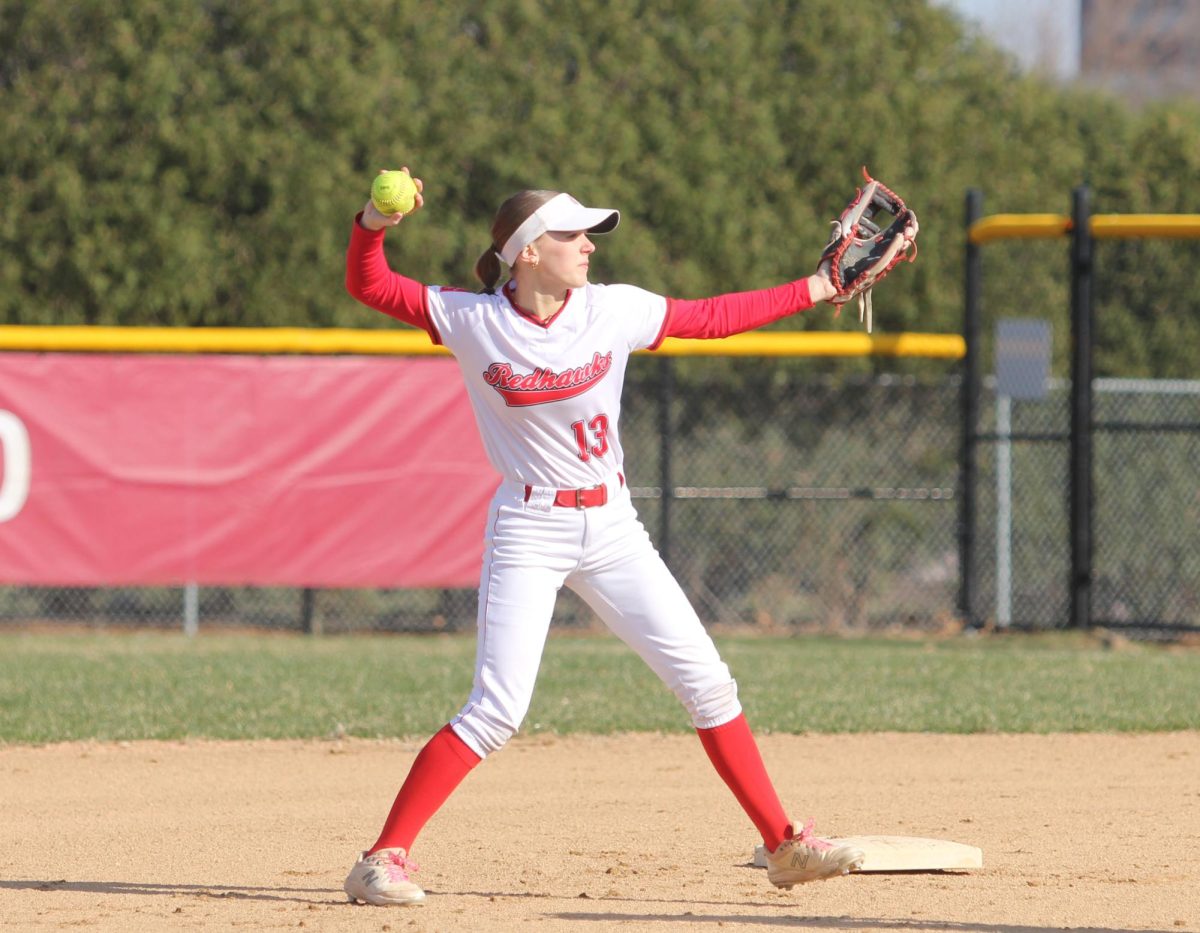Poor practice of recycling at Central leads to unnecessary waste
February 5, 2018
Aluminum cans take 250 years to decompose in landfills, plastic bottles take 450 years and foam cups can take up to 50 years. The average American produces up to five pounds of trash per day, and much of this can be recycled and used again.
Recycling is a practice Naperville Central students are exposed to throughout the school day. Blue bins can be found in classrooms, in the cafeteria and throughout the building. When done correctly, recycling can make a large impact on the environment, yet at Central this seemingly easy task is often disregarded.
There have been rumors that Central may not be recycling the contents in those designated blue bins. However, facilities Manager Gary Gebauer said that this is a misconception.
“We recycle quite a bit,” Gebauer said. “The recycle bin outside is picked up by Waste Management three times a week and that’s more than it’s ever been. Is there a lot more that could be recycled? Yes, because a lot more that’s thrown into the garbage cans that could have been recycled, especially with plastics.”
Confusion on where the recycling ends up and poor student practices can lead to needless waste. The bins are often used as catch-alls for trash, housing anything from gum to food wrappers, and although often unintentional, these practices can diminish the benefits of recycling.
“People don’t think about throwing trash into the recycling bin; they just kind of forget about it,” sophomore Priscilla Martinez said. “I think it’s more of a laziness thing.”
Recycling that has not been sorted properly often makes its way into a landfill.
“If people are throwing food items into the recycling bins, we’re not going to sort that and we’ll throw that in the trash,” Gebauer said.
Michael Jarvis, AP Environmental Science teacher, believes that if the school as a whole takes initiative to recycle, their efforts will be much more beneficial to the environment.
“There are 3,000 people in this school and every day everyone chooses to recycle we make a difference as a community,” Jarvis said. “If you are throwing away a couple of pounds of trash a week that turns into 600 million lbs a
week. A lot of that trash isn’t really trash and is a resource that can be used again.”
Recycled plastic, paper, metal and glass once sorted, can be reused in a variety of ways. According to Waste Management, the environmental services company Central works with, more than half the energy used to produce the
recyclable paper, metal, paper and glass items could be saved if consumers recycle them.
Custodians at Central make two trips every day and dispose of trash and recycling in different bins. However, if too much waste is found in a recycling bin a janitor will dump all of the contaminated recycling into the garbage. Once the recycling is received at the recycling plant it is sorted using water and density tests.
Metal and plastic waste is then melted and purified to be used again in a variety of ways.
“You are saving material that is going intoa landfill which takes up space and every time you fill up a landfill you have to dig another one,” Jarvis said. “The other aspect is that if you recycle materials you don’t have to go out and
mine new materials because they have already been mined so you save energy and resources.”
Gebauer said that it is up to the students to progress this program in the future.
“The recycling program has improved over the years,” Gebauer said. “When it comes down to improving it from here, it mostly needs to be student-[led]. They have to want to do it and that’s a hard thing to do, to build that interest among the student body. If it was set up to where it was more of a community service hours [system] where people who needed that for a class, they could promote that program.”
Gebauer also believes that all-school promotion of the program could increase recycling at Central.
“It’s more about advertising and promoting the idea of recycling,” Gebauer said. “We’ve got plastic bottle receptacles in the cafeteria but very few people use those. If they throw that in the garbage can, we’re not going to sort it out. It just isn’t economical for us to do that. We had people who were going to walk around […] trying to encourage people to [recycle], but no one wanted to do it. It would take student [initiative] to promote that.”



